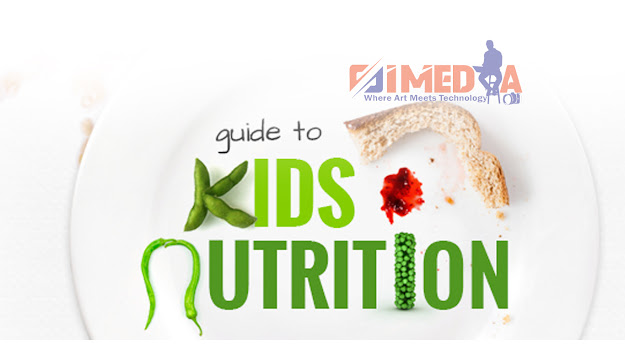TEENAGE NUTRITION

Adolescence is considered a nutritional risk period marked by deep psychological, physiological, and social changes. In this age group, nutritional literature shows a prevalence of inadequate dietetic habits, such as high intake of processed or sugary foods, long gaps between meals, and low consumption of fruits and vegetables. The long-term effects of these eating patterns can result in overweight, as well as micronutrient deficiencies and chronic diseases that if left untreated can be dragged into adulthood, (Giselle Rhaisa does Amaral e Melo et al, 2017).
Nutritional
intervention is very important in this stage in promoting healthy behaviour
amongst the young adults including methods of food preparation, food choices,
number of meals to consume in a day and the knowledge about balanced diet in
general as they make decisions concerning their diet which will help in
reducing chronic diseases like heart disease and cancer later in their lives.
Teenage/adolescence
eat the foods that are convenient and fast foods are readily available and easy
to access and so there is no much work needed in preparation they just have to
buy it because it is also cheap, teens don’t like going to the kitchen to
prepare healthy meals coz even taking one serving of vegetables is a problem,
they pay attention to sugary foods that taste good in their mouths hence
taking food that is less in nutrients density and obesity will kick in which
will bring about other lifestyle diseases that affect them. teens diet needs
to be modified in such a way that foods on the plate that are processed to be
replaced by healthy snacks and also add some healthy proteins in each meal that
you are having, try to incorporate nutrient-dense foods like fruits and
vegetables and avoid soft drinks like sodas and energy drinks and replace them
with healthy juices slenderized or that comes from fruit sources to avoid
consumption of sugars in high quantities.
Depression
Depression in adolescence
is typically long in duration with a high risk of relapse. Several studies have
shown the mean length of a depressive episode to be 6 to 9 months. The longer the duration of the
depressed episode, the greater likelihood of it persisting and recurring.
However, in a study of adolescents where the depressive episodes were brief in
nature, the substantial risk of reoccurrence still existed, Adolescent depression is a persistent
and common mental health disorder that has several personal and social costs.
These costs include self-harm, substance use, declining academic performance,
and suicidality.
Clearly, depression in adolescence represents a major public health concern.
Treating adolescent depression remains a major public health challenge and
there is a pressing need to identify strategies for its prevention and
management (Samuelson Rachel, 2017).
When
teenagers consume more unhealthy meals they tend to become obese and have
complications of the cardiovascular most of the time, when mocked by others in
schools they tend to withdraw from their peers and stay alone because of the
body shaming and this will make them prone to depression and some to a point of
having suicidal thoughts and so caregivers must be very willing and ready to
take care of their teen and observe their behaviour over time which is very
important in reducing teenage suicidal rates, help the child understand why
they should choose a healthy diet at all times and ensuring their emotions are
well taken into consideration because at this stage children tends to make
quick decisions that cross their mind.
To
help them not enter into depression, teenagers need to be taught about good
nutrition and how nutrition is linked with mental health in that if they lack
the essential nutrients like B, zinc, iron, fatty acids and iodine to mention
but a few vitamins in the diet will make their minds unstable and so knowledge
is very important and technology can really help in this kind of age where a bigger percentage of the total population has access to the internet including the
teens themselves, soma nutrition platform can be set in such format and thus
making it interesting for them to read online than to look for hardcopy books.
Nutrition Screening
Another important intervention is nutrition screening, teenagers need more screening so as to help in the reducing of causes related to lifestyle and that others can be identified and if sick then to be put in a treatment program so that to continue raising healthier generations and to reduce the rate of depression, obesity and other lifestyle diseases, some courses could be because of the economic status of an individual, or the availability of certain foods and so people need to be creative because nutrition is an art, to see what nutrient can be taken with another without going for expensive foods but rather using what you have at hand but in different ways that can be appealing and cant cause nutrient interaction and so awareness and knowledge needs to be shared to the community levels to ensure optimal nutritional health.
Author: Simiyu Nalianya | Sharon Tallam


Comments